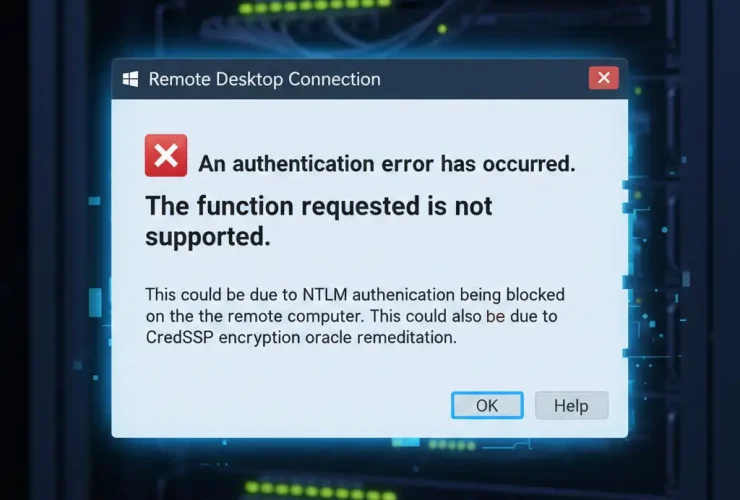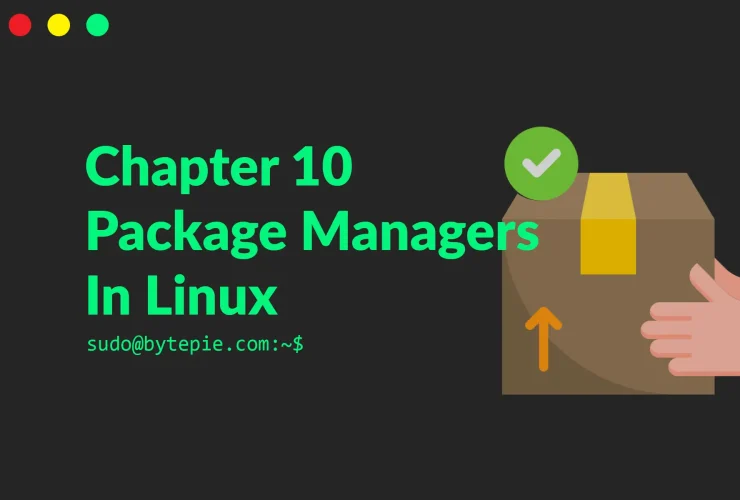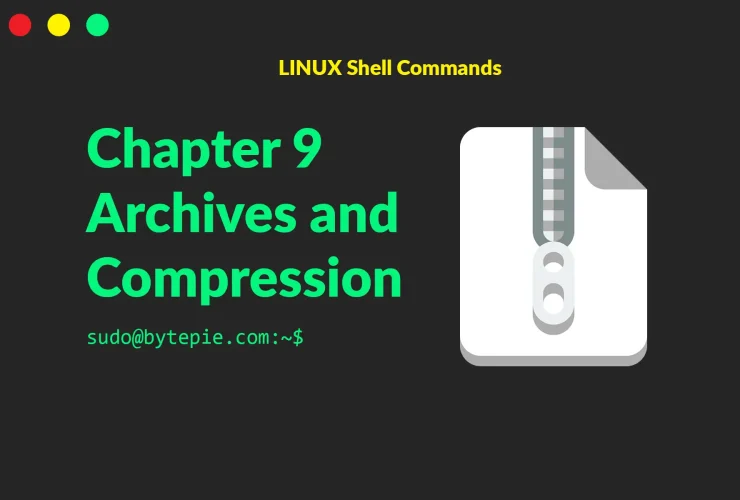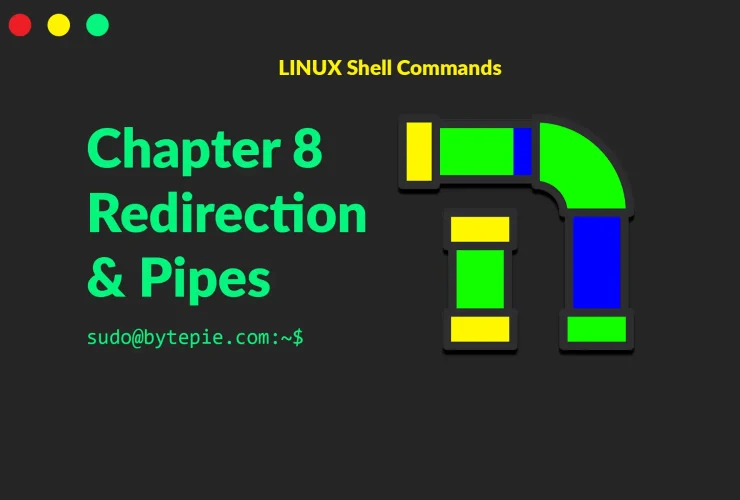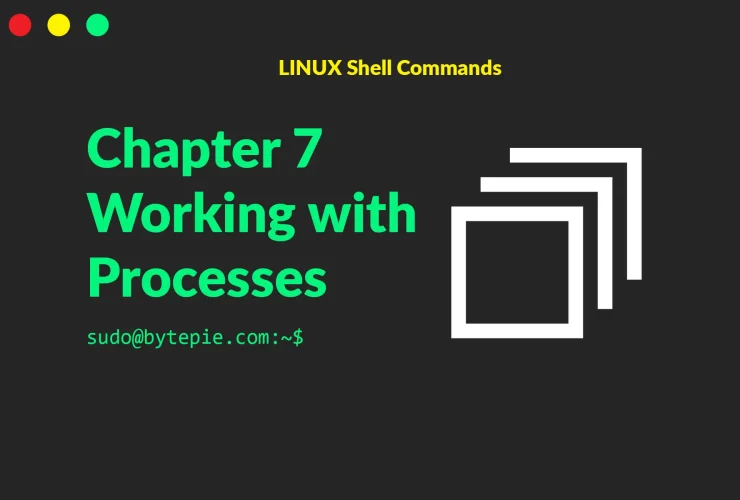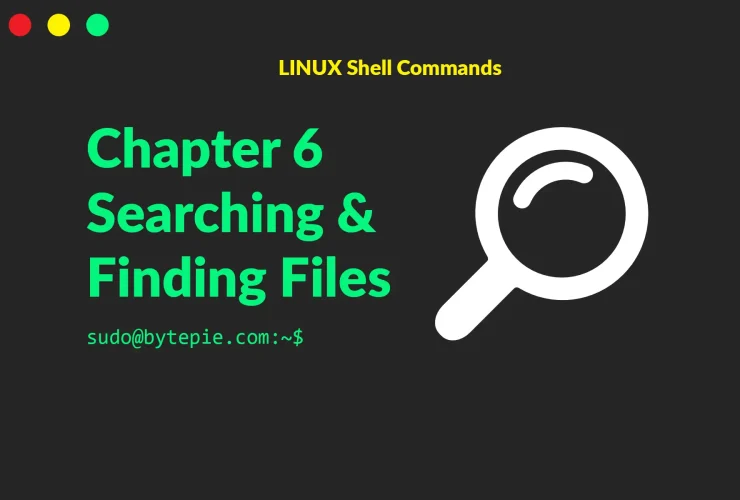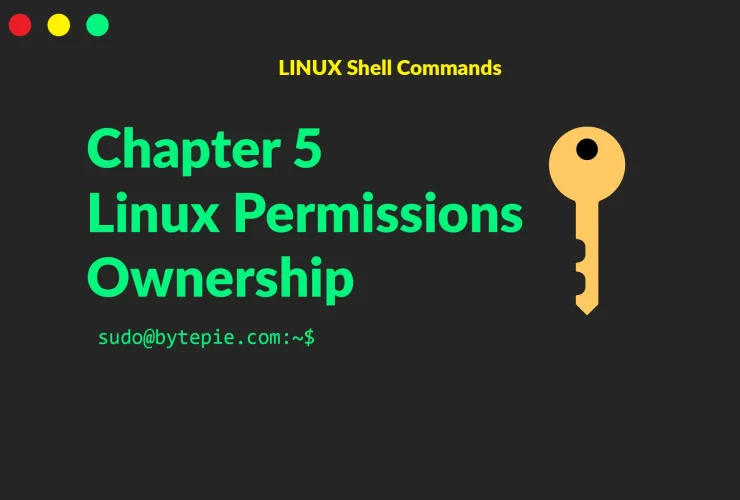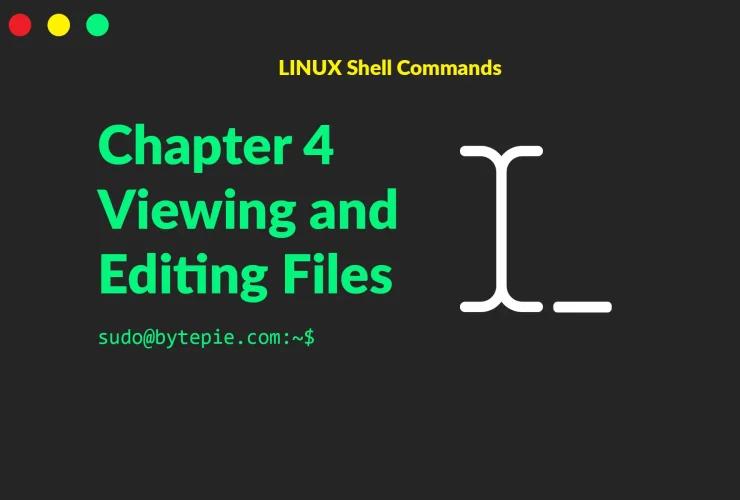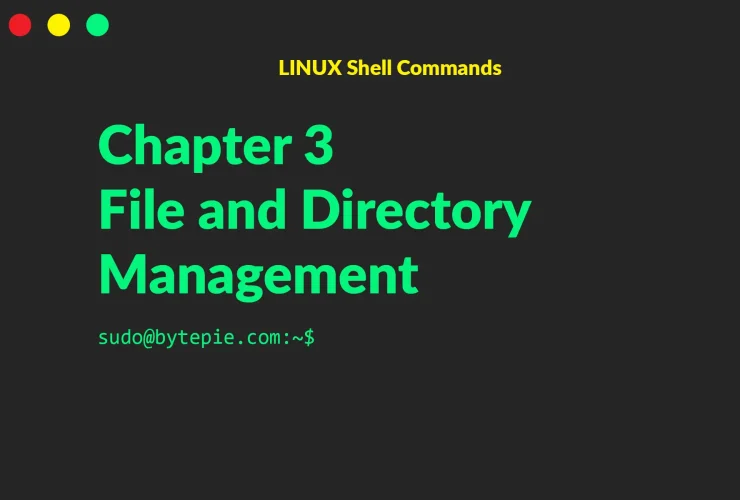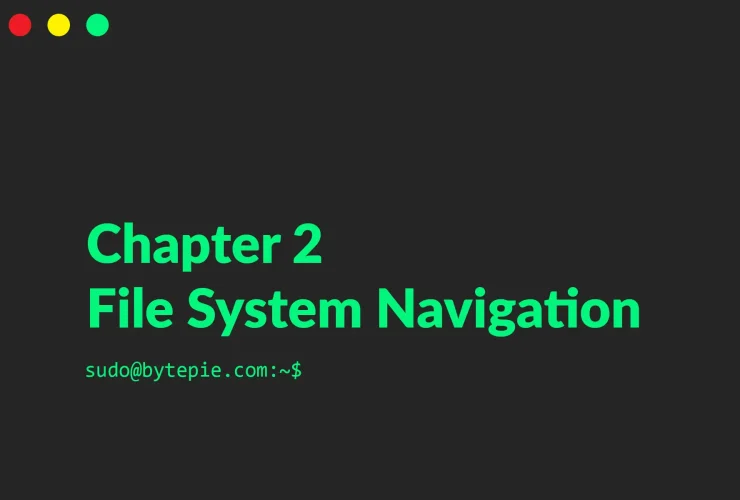Many system administrators and developers connecting to remote infrastructure via Remote Desktop Protocol (RDP) have encountered the frustrating error: “An ...
A package manager in linux is a collection of software tools that automates the process of installing, upgrading, configuring, and ...
Working with compressed files is essential for saving disk space and transferring data efficiently. This chapter covers the most common ...
In Linux, redirection and pipes are powerful tools for controlling the flow of data between commands, files, and devices. Redirection ...
Process management is essential for system administration, debugging, and resource optimization. This chapter covers how to monitor, control, and prioritize ...
This chapter delves into the essential skill of navigating and extracting information within a Linux or Unix-like file system. We’ll ...
Linux’s permission system controls file security by defining who can read, write, or execute files. This chapter explains how to ...
In this chapter, we’ll cover the core commands for examining and modifying text files directly in the terminal. Viewing and ...
If you feel comfortable with file system navigation in linux, it’s time to learn how to create, copy, move, and delete files ...
Navigating the file system is one of the most fundamental skills in Linux shell scripting. Whether you’re managing files, writing ...




